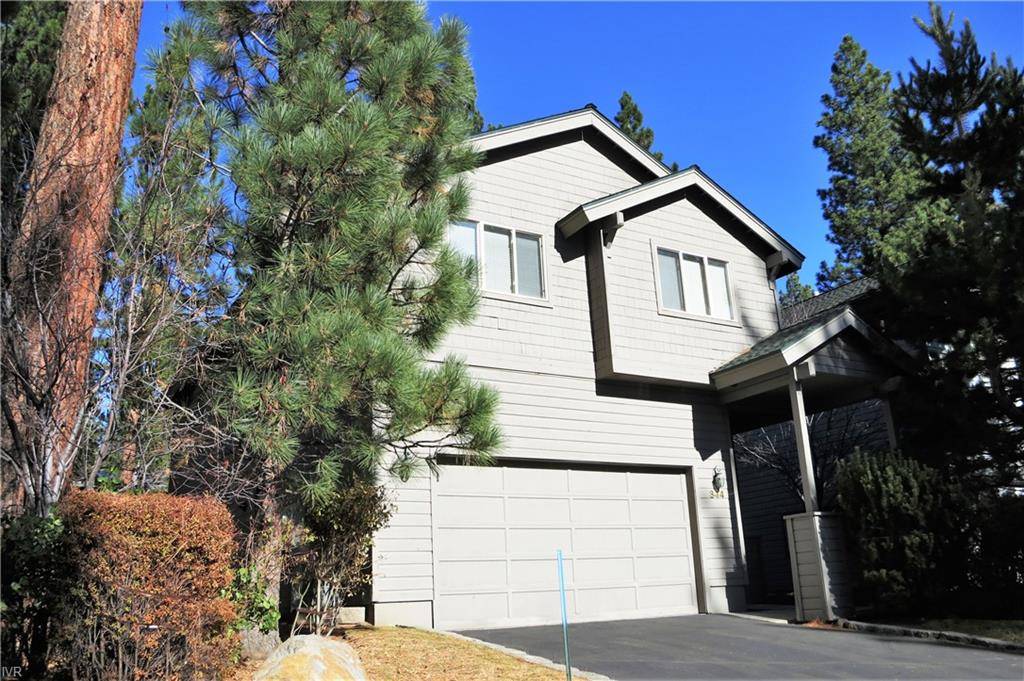Home prices skyrocketed in the early 2000’s, with things really heating up between 2005 and 2007. According to the New York Times, HUD conducted a survey in 2007, finding that home values had risen 16 percent in just those two years. The housing bubble burst in the Spring of 2007 and markets tanked.
Now house values are resetting, with some areas still experiencing declines. In high boom areas, such as Florida, Arizona, and California, homes are having to correct from staggering rises of 20, 30 and even 40 percent in home values. This means values rose, and millions of homeowners bought at the top of the market, now finding themselves upside down in their loans.
Despite the crisis, there are still buyers on the market. But many are wary to make a mistake of buying a home they can’t pay for. How much home can you really afford? Home affordability, in general, is dependant on a range of factors. These include:
Employment status: Do you have a stable job and income? Lenders will want to know if they can rely on you to make monthly payments for many years to come. With an unemployment rate near 10 percent, it’s no wonder a record number of homes are currently in foreclosure. Another way lenders assess your risk is by examining your credit score.
Credit Score: Over your adult life you have been building up a credit score. Every card and loan you have opened has figured into a 3 digit number from 300 – 850. The higher your number, the less “risk” you are perceived to be, and thus, the more likely you’ll be extended higher sums of credit for a lower rate. Car loans, student loans, home loans, credit cards, and personal loans. How faithfully you’ve repaid them, and how many of them you have open, dictates your score.
Number of Dependants: Do you have children or aging parents for whom you are financially responsible? If so, consider medical bills, schools tuition, and daycare when calculating a reasonable budget.
Desired Location: A 2,000 square foot home in rural Nebraska costs dramatically less than the same 2,000 square foot home in the heart of New York City. Prices even range widely by suburb and neighborhood.
Savings:You will need money for a down payment. Financial Expert Suze Orman recommends you put at least 20 percent down. That means on a $200,000 house, for example, you should have $40,000 in cash to put down. You will also need additional cash for closing costs, as well as repairs and maintenance that are inevitable with home-ownership.
Emergency Fund: Do you have a separate savings account worth 8 months of bills? You must have an emergency fund. Just ask the 15 million unemployed. Things do and will happen. If you don’t have this fund, you can’t afford a house. You may be able to “borrow” money for a house … but in reality you really can’t afford one.
Interest Rates: Interest rates are at historical lows. At this writing, the 30-year fixed rate mortgage is 4.74 percent. To put this in perspective, rates in the 1980’s were anywhere from 13 to 18 percent. This means big savings if you are in the position to buy.
Monthly Payments:If you have ever bought a car, one of the first things a salesman will ask you is, “Where do you want your monthly payment to be?” It’s all about rates and down-payments with lenders. Yes, it is important that your monthly mortgage payment is no more than 1/3 of your monthly income, but don’t be coaxed into buying a home you can’t really afford just because the monthly payments are appealing (hello, sub-prime mortgage crisis).
Now, all that said, this next idea may seem a bit radical for some of you. There is a movement among some Americans to not only reduce their debt, but to get completely out from under it. This translates implicitly into the home buying process.
We have become a nation increasingly driven by the bigger and better. Need we say more than “McMansions.” It is a culture of debt, where even the national government owes $14 trillion. And no, not every country has national debt. The United States, though, leads the way.
So, what if you could buy a much smaller house, or a house in a much less prominent neighborhood, and avoid a mortgage payment altogether?
The idea is nearly unheard of in this country. But it could be one that will begin to gain ground as many families struggle to makes ends meet, and even more families learn the hard lesson about home affordability. The truth of the matter is this. If you are paying a mortgage, you do not own your home. It doesn’t matter if you’ve paid on a loan for 1 year or 29, if you default, the home is property of the bank.
“But what about Joe Smith, who works in the same office and makes $150,000 a year. He just bought that $500,000 house. I should have that same standard of living.” This is what is partially responsible for the bubble we saw in the last decade. Keeping up with the Jones.
Consider for a moment what it is in your life that is really important. No doubt you will quickly pull to mind your family and closest friends. You may think about a full refrigerator, a safe city, and a clean bill of health. These are things found in small homes, the same as large.
Success is not measured by the size of house you own. So, if you are in the market to become a homeowner, be sure to consider what it could mean to buy truly within your means. Does it mean saving for a few more years and then buying a fixer upper? Does it mean the smaller house in the less prestigious neighborhood is in your budget?
In recent years, “What can I afford?” has turned into “How much monthly payment can I afford?” or “How much credit am I approved for?” These do not equate with affordability. Perhaps it is time to think long and hard about what kind of home is appropriate for you and your family.







